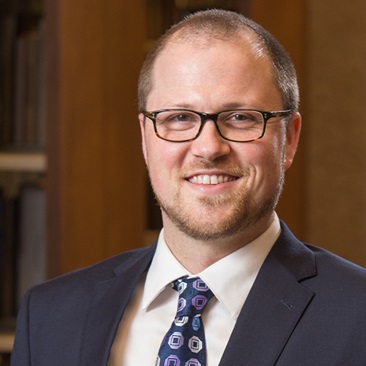New book investigates racial discrimination in real estate
Oct 9, 2015
Unjust Deeds
Jeffrey Gonda
October 2015
The seeds of the Civil Rights Movement lie in a long series of struggles to overcome unfair policies and practices, many related to housing segregation. Professor Jeffrey Gonda examines one such practice in his new book Unjust Deeds, published this week by the University of North Carolina Press. In the book, Gonda details the events surrounding the NAACP’s campaign to challenge housing discrimination and the landmark Supreme Court case that helped to transform civil rights protest in the nation's courts.
From the 1890s to the 1940s, many real estate deeds had legal provisions, called ‘”racial restrictive covenants,” that prohibited the occupancy of African Americans in their respective properties. Unjust Deeds examines the struggles of six families in three cities — St. Louis, Detroit, and Washington, D.C. — and how their personal fights precipitated a three year-effort to stop enforcement of these restrictions. With the help of activists and lawyers at the NAACP, these cases made their way through the United States court system until finally reaching our nation’s highest court.
The 1948 Supreme Court case, Shelley v. Kraemer, proved to be a major triumph for these families and for the NAACP, allowing the families to stay in their homes and forbidding courts from enforcing these contracts in the future. Though restrictive covenants were only one of the many tools used to impose housing segregation, the campaign against them had a powerful effect for African American activists and communities in the years leading up to the Civil Rights Movement. Gonda’s book explains the importance of this legal battle and how its legacy continues to affect families, neighborhoods, and the country as a whole to this day.
Jeffrey Gonda is an assistant professor of history at the Maxwell School where he teaches courses on modern African American history, law, and politics. He received his PhD in history and African American studies from Yale University (2012). His research on the Shelley family won the Supreme Court Historical Society’s Hughes-Gossett Award in 2014.
